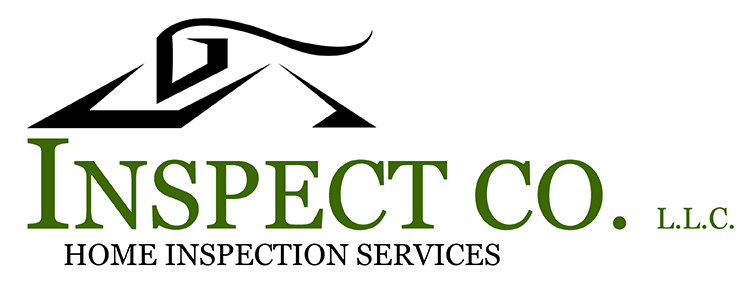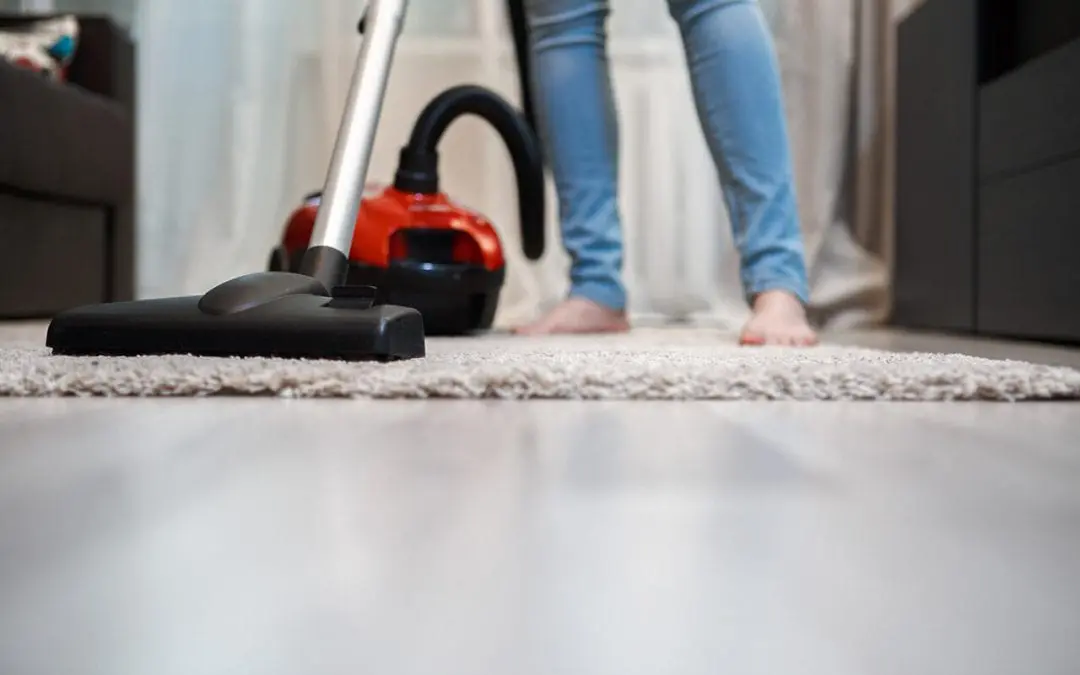Are you concerned about your family’s health and the air quality inside your home? Because our houses are so well-sealed, the air can become stale and more polluted than the air outdoors. Here are tips for improving indoor air quality at home.
Cleaning the Carpets Helps with Improving Indoor Air Quality
Carpeting and rugs will trap pollutants and allergens. Vacuum them at least twice a week. Go the extra mile by periodically hiring a carpet cleaner to professionally clean the rugs and carpets in your home. Deep cleaning will help remove embedded dirt and debris that might cause health issues.
Replace the Air Filters
If your HVAC filters are full of dirt, dander, and dust, it’s time to replace them. Keeping the filters clean helps your HVAC system run more efficiently. Clean filters improve indoor air quality. They are inexpensive, so replace them every 30 to 90 days depending on the manufacturer’s recommendation.
Improving Indoor Air Quality: Mop the Floors
Pollutants like dust, pet dander, mold, and dirt accumulate on your hardwood, linoleum, and tile floors. Sweep and mop at least weekly, using non-abrasive cleaning agents to remove contaminants and improve air quality inside your home.
Keep the Furniture Clean
Upholstered furniture captures pollutants, pet dander, and germs. This not only leads to bad odors, but the air quality is negatively affected. Vacuum your furniture and wash bedding and draperies often.
Repair Water Leaks
Don’t let water leaks go unchecked. Your air quality will suffer when the excess moisture contributes to a mold problem. Mold causes property damage and can lead to respiratory problems or worsen the symptoms for asthma and allergy sufferers.
Buy an Air Purifier for Improving Indoor Air Quality
Install an air purifier, especially if you have family members who suffer from allergies. There are many types on the market, but choosing one with a HEPA filter will remove most contaminants. Purifiers are easy to use by simply plugging into the wall. Change the filter regularly to keep it working efficiently.
Test Your Home for Radon
Radon is a radioactive gas that you can’t smell or see. It’s produced as uranium breaks down in the soil. Radon gas seeps into your home through openings in walls and foundation cracks and becomes trapped inside. As it accumulates, your family is exposed and at risk of lung cancer. Test your home for radon to keep you and your family safe.
Maintain a Healthy Humidity Level
If you allow the humidity to get too high, you run the risk of developing dust mites and mold. Low humidity causes dry skin and sinus irritation. Keep the humidity levels inside your home between 30-50% for comfort.
Inspect Co. LLC provides home inspection services, including radon testing, to North and South Carolina. Contact us to schedule an appointment.

